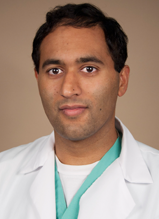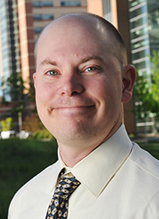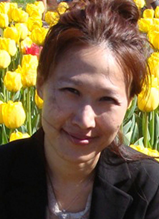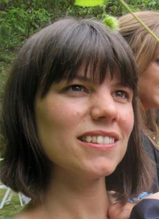Four CU researchers named 2013 Boettcher Investigators
Four University of Colorado medical researchers whose lab work is leading to better human health have been named to the 2013 Class of Boettcher Investigators in the Webb-Waring Biomedical Research Program.
The early career scientists each will receive grants of $225,000 to further their groundbreaking work.
The members of the fourth Class of Boettcher Investigators in the Webb-Waring Biomedical Research Program from CU campuses:
The grants awarded by the Webb-Waring Biomedical Research Program support the work of promising Colorado ECIs – Early Career Investigators; these faculty members are four years or less from their first academic appointment at a research institution. Eligible investigators apply through a competitive process within their respective institutions.
Other researchers joining the four CU scientists in the 2013 Class of Boettcher Investigators in the Webb-Waring Biomedical Research Program: Michael Strong, Ph.D., National Jewish Health, assistant professor of genes, environment and health; Lucas Argueso, Ph.D., Colorado State University, assistant professor of radiation and cancer biology; Brad Borlee, Ph.D., CSU, assistant professor of bacteriology; and Melissa Krebs, Ph.D., Colorado School of Mines, assistant professor of chemical and biological engineering.
With the addition of the 2013 Class, there are now 22 Boettcher Investigators conducting research at two CU campuses and three other Colorado institutions.
“The Boettcher Foundation Board is very pleased to embark on the fourth year of furthering the research of Early Career Investigators,” said Edward D. “Ted” White III, chairman of the Boettcher Foundation Board of Trustees, who made the announcement May 30. “Our support enables these junior investigators to continue their valuable research and to compete in the future for major grants.”
The Webb-Waring Biomedical Research program fills an unmet need in the state by assisting ECIs engaged in biomedical sciences to advance their research. The program also honors the tradition of Colorado’s Webb and Waring families by investing in science that has the possibility of making significant contributions to human health.
“Through this program, the Boettcher Foundation has been able to bring resources to an area where funds are currently lacking and where federal and private research programs provide limited support,” said Timothy W. Schultz, president and executive director of the Boettcher Foundation. “Early Career Investigators quite frequently have a difficult time securing a first opportunity at an independent research effort that will move them out of the laboratory of their mentors and onto their own new and exciting areas of discovery.”
The Boettcher Foundation announced the creation of the program in 2008 as the result of an innovative agreement between the Boettcher Foundation, the Webb-Waring Foundation for Biomedical Research and the University of Colorado. Through the program, Boettcher Foundation now invests more than $1.5 million each year to increase Colorado’s competitiveness in biomedical science.
“We’ve made every effort to ensure that the legacies of the Webb and Waring families live on in the discovery of new knowledge to improve human health and in the advancement of young scientists,” Schultz said. “The Boettcher Foundation wanted the Webb-Waring Biomedical Research Program to invest where the impact would be the most substantial. To fund excellence in people, to partner with the state’s research institutions and to further the Webb and Waring families’ long tradition of commitment to science and human health.”





